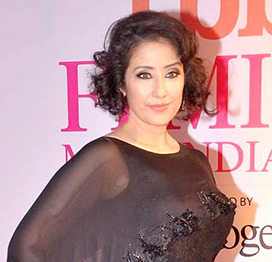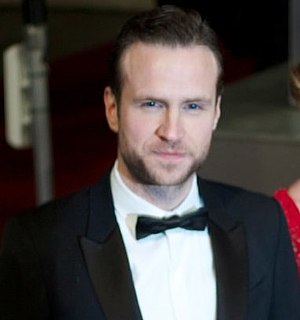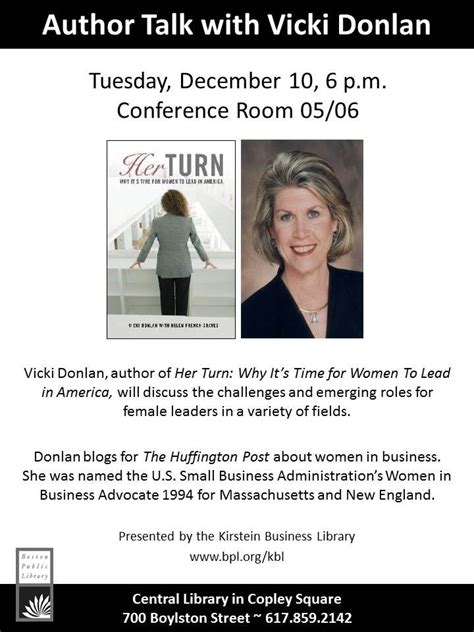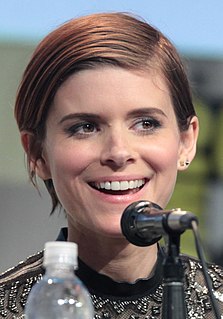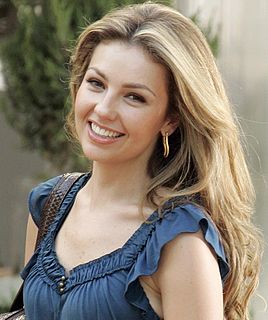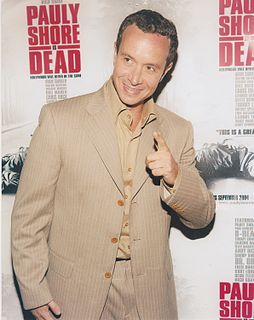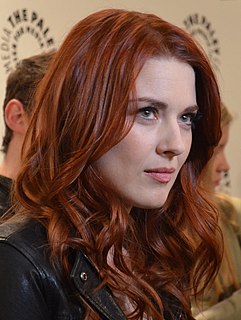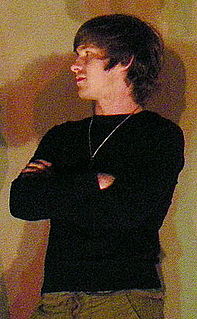A Quote by Manisha Koirala
Every actor prepares a scene in their own way. For me, it's about understanding the scenario, the room I'm going to be working in, the obstacles in and around the frame, etc.
Related Quotes
To me, when one is writing sometimes about a very specific subject with very specific people, I feel like if that story doesn't cross over, it's not working. That's very beautiful to me, to be sitting in Berlin and there's an actor reading my book in German. I don't even know what's going on, except I know to feel my own rhythms in another language and say, "If this is going well, I think everyone should laugh around now." Then maybe there's laughter, and for me, it reminds me of how story can move around the world.
In any kind of comic scene you're going to perhaps push the boundaries of plausibility but as long as there is some semblance of logic I think as an audience you'll buy it and as an actor, when it comes to playing things like that, it gives you something to delve into. When I don't buy into a comic scene is the type of scenario where you'd just go: "Well, that would never happen."
During the Q&A periods after my speeches, it is the men who say to me, "Help me understand how I am going to balance my work and my family." Now, let me tell you why I believe they see it that way. Because when they look around the room, they see the women who are going to be in their lives, the choices they will have for a spouse. And they realize that these women are educated, ambitious, and have every intention of having careers of their own.
Of course any actor is going to be happy to be nominated for an Oscar - absolutely - but I don't really think of it in that way. I've never really thought of my job in that way, because that's just a lot of pressure to be working towards one goal. I'm much more interested in finding roles that make me feel happy about going to work every day.
I think about photographs as being full, or empty. You picture something in a frame and it's got lots of accounting going on in it-stones and buildings and trees and air - but that's not what fills up a frame. You fill up the frame with feelings, energy, discovery, and risk, and leave room enough for someone else to get in there.
I make a habit of setting aside some time each evening to take out my knitting and work quietly on it, happily relaxing. I believe that it prepares me for sleep and washes away the cares of my day.I will consider that intarsia, or Fair Isle with three or more colors in a row, prepares nobody for sleep and cursing loudly while flinging knitting around the living room is about as far away from soothing as you can get.
The amount of preparation I saw from someone like [David] Fincher, and how aware he is of everybody else's job on the set, and how much respect he has for every aspect of the film, and every aspect of the frame - that's the type of actor I am now; it's not the type of actor I was then. But without understanding his process, and then coming to learn it later on, I would never be the actor I am now.
